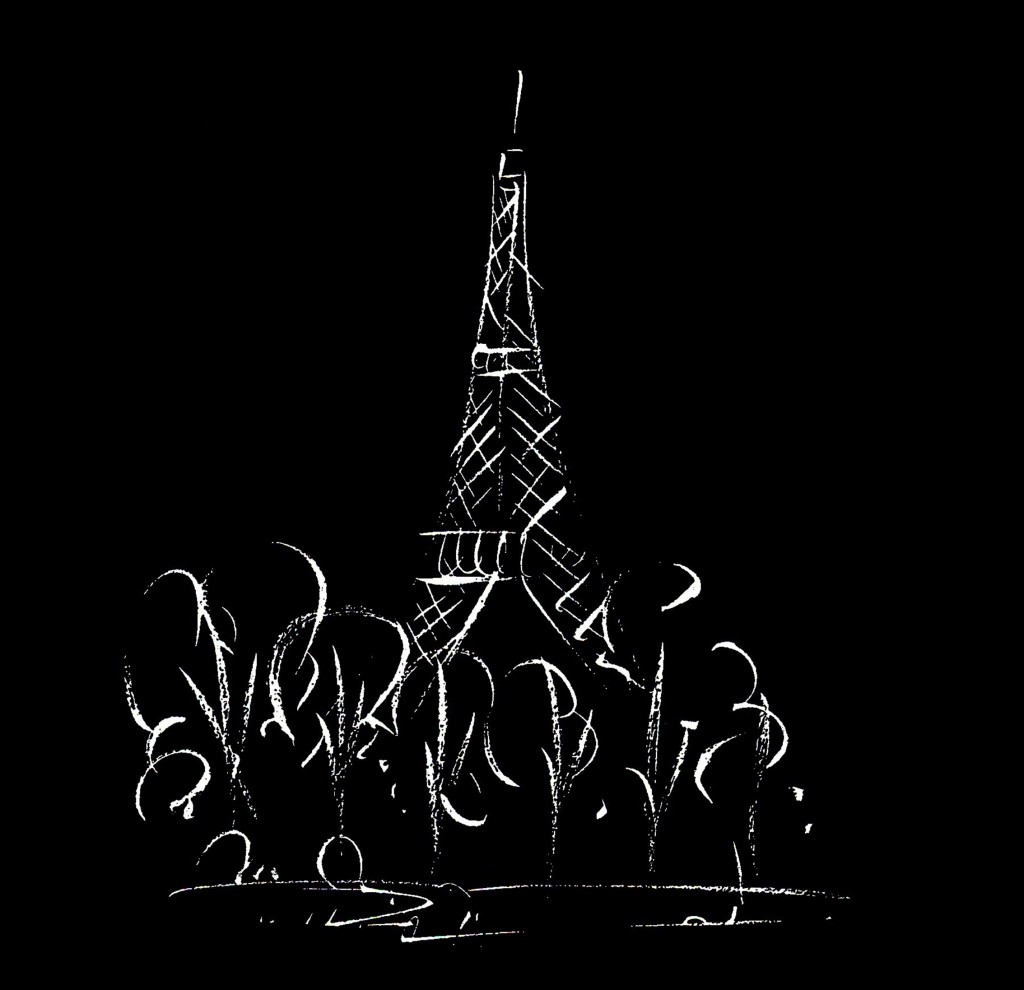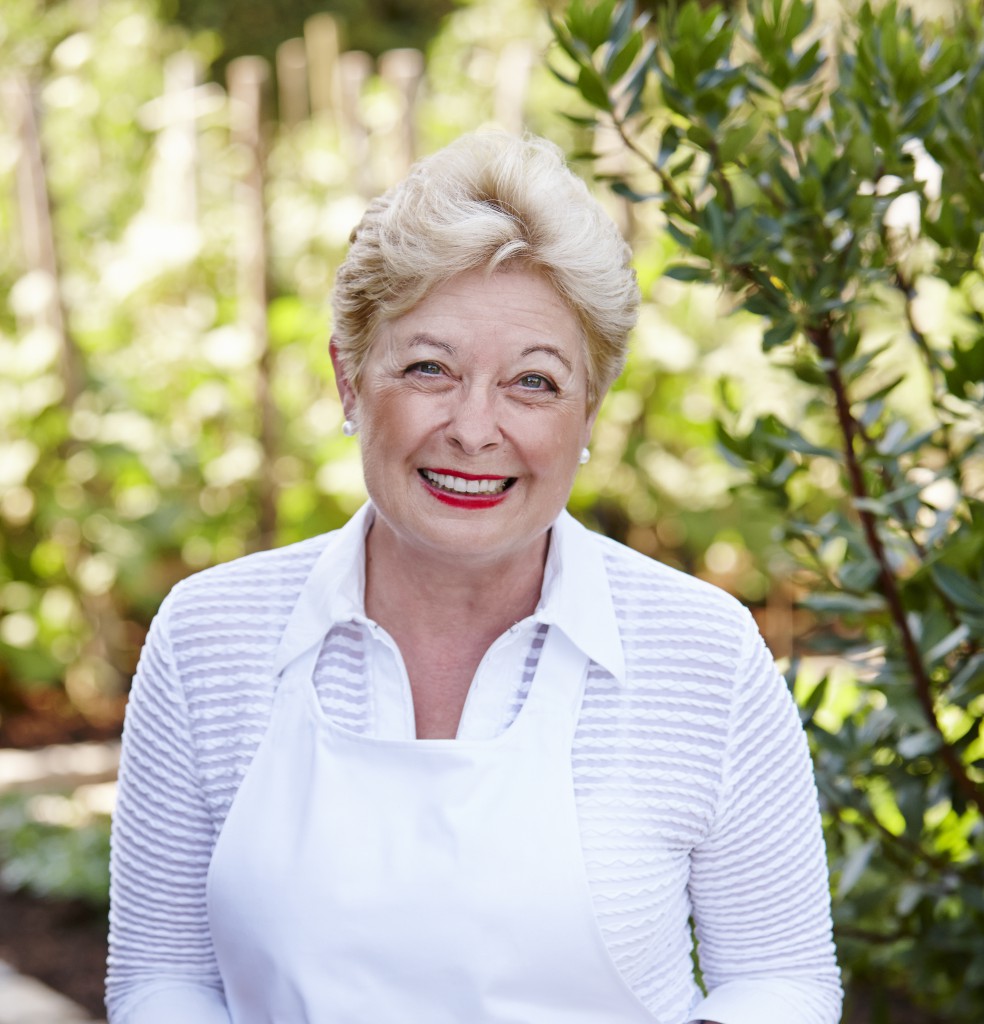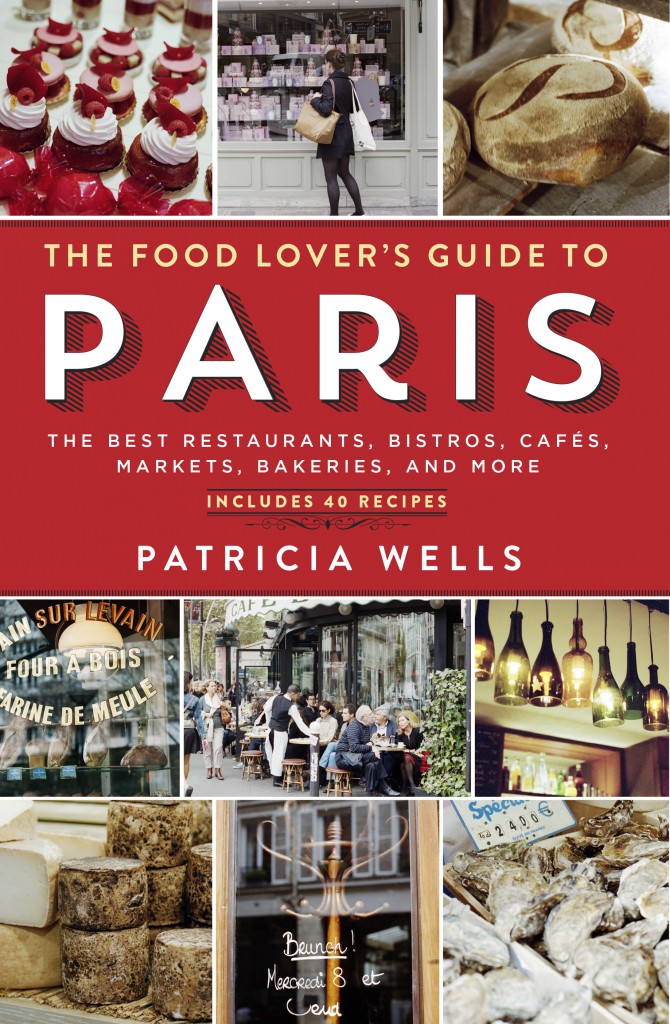“Giving Thanks to Olives” by Patricia Wells (Paris, November 13, 2015)
03 Thursday Dec 2015
A Woman’s Paris™ in Book Reviews, Cultures
 “Giving Thanks to Olives” by Patricia Wells. © 2015 Patricia Wells Ltd. All rights reserved. Published with permission. Written in response to the attacks in Paris on November 13, 2015.
“Giving Thanks to Olives” by Patricia Wells. © 2015 Patricia Wells Ltd. All rights reserved. Published with permission. Written in response to the attacks in Paris on November 13, 2015.
The events of Friday November 13th in Paris left us stunned and horrified. It is the city that I have come to call home and not uncommonly for a Friday night, I was out dining with friends at a small bistro on the left bank when the news of the attacks broke. We decided that the most positive action we could take was to continue with our plans to harvest our olive grove in Provence, both to celebrate the longevity, strength, beauty, and bounty associated with the revered olive and to soothe our saddened souls.
I had anticipated this day all year, not only because in 2014 there had been no harvest due to an infestation of the olive fly that had affected olives groves almost worldwide, but also because I had never seen our 30 or so olive trees thrive as they did this year.
Somehow, I have always been in the U.S. during harvest time—usually taking place between November and January—but this year I was determined to pick those olives myself! So on Sunday morning together with three of my French neighbors Colette, Jeannette, and Jean-Claude, I initiated the harvest. We decided to pick each olive by hand rather than, as is common practice in the region, raking them from the branches and letting them fall onto nets set beneath the tree. We began plucking them one by one from low-hanging branches, then later trapping upper branches with an antique wooden olive rake, pulling the supple branches down to within reach of our eager grasp, all the while collecting our bounty in wicker baskets hung in the trees from metal hooks.
I used to think that all olives were perfectly calibrated like the ones in the pots in an olive bar or in jars on market shelves. I could not have been more wrong! Olives are fruit, and at least on our trees, they can range from little green specimens the size of a pea, to plump, moist, black ones the size of a walnut.
Skies were clear and pristine blue, temperatures were in the 70s—not rare for mid-November in Provence—and local birds sang to us as we labored. The trauma of Paris slipped out of our minds as we chatted about the bounty of the harvest, how fortunate we were to be here at this moment, and how much oil we might see as the result of our efforts. It turns out that it takes about 9 lbs / 4 kg (enough to fill a very, very large champagne bucket!) of olives to press a quart or litre of oil. Except for one exceptional tree that yielded a record (for us) 132 pounds/60 kg of olives, most of the trees gave about 6 1/2 pounds / 3 kgs. We figured that between the four of us we put in some 70 hours for a total of 521 lb / 237 kg, giving us 60 quarts or liters of oil.
I set aside the plumpest and most beautiful olives from a single tree that grows near our dining area on the sunset terrace and immersed them in an inky black salt brine I have used for decades, to cure them for eating out of hand at aperitif time or for making our favorite tapenade. The rest were destined for the oil press. I had to return to Paris before the last olive was harvested, so my neighbor delivered our harvest to the local mill in nearby Puyméras. The mill workers immediately noticed they had been picked my hand, announcing loudly that these perfect specimens had clearly been picked “à l’ancienne!”. In fact, our olives were so beautiful that a local television crew there to film the seasonal event chose to focus on our very crop!
Olive harvesting, at least by hand, is slow going and hard work (our shoulder and arms muscles sure were sore the next day!) but it’s rewarding, restorative and certainly this year, for me, a sort of welcome, zen undertaking at a time when France has been shaken to it’s core.
So I give thanks for the olives and all they bring. I can’t wait to open the first bottle, drizzle the oil onto some homemade sourdough toast, inhale, bite down, and appreciate the goodness in simple things.
 Patricia Wells, for more than two decades the restaurant critic for The International Herald Tribune, is the author of the award-winning Bistro Cooking, as well as more than a dozen other books. She also runs a successful cooking school—At Home with Patricia Wells—in Paris and Provence, where she and her husband have lived for more than 30 years.
Patricia Wells, for more than two decades the restaurant critic for The International Herald Tribune, is the author of the award-winning Bistro Cooking, as well as more than a dozen other books. She also runs a successful cooking school—At Home with Patricia Wells—in Paris and Provence, where she and her husband have lived for more than 30 years.
She won the James Beard Award for The Provence Cookbook, Patricia Wells at Home in Provence, and Simply French. Also nominated for Beard Awards were Vegetable Harvest and The Paris Cookbook. With her husband, Walter, she is also the author of We’ve Always Had Paris . . . and Provence. The French government has honored her as a Chevalier de l’Ordre des Arts et des Lettres, recognizing her contribution to French culture. A former New York Times reporter, she is the only foreigner and only woman to serve as restaurant critic for a major French publication, L’Express. For more information about Patricia Wells, visit: (Website) (Blog) (A Woman’s Paris interview with Patricia Wells)
Photo portrait by Jeff Kauck
The Food Lover’s Guide to Paris (Workman; March 2014) is the enchanting and delicious revision of the classic bestseller with all new photos, 450 entries, 345 of which are entirely new. In this beloved culinary guide, Patricia Wells takes readers, travelers and diners to the best restaurants, bistros, cafés, patisseries, charcuteries, and boulangeries that the City of Light has to offer. Written in an authoritative, engaging style, Patricia’s prose is lush and elegant, providing equal delight to the armchair traveler and the hungry visitor thumbing through the pages on Paris’s streets. To purchase, visit: FoodLoversParis.com
From A Woman’s Paris®:
How horrible the terrorist attacks on Paris on the 13th of November, 2015! We offer our sincere condolences to Paris. Our heart goes out to those who have suffered in Paris and communities worldwide; we are deeply saddened by the loss.
Liberté, égalité, fraternité “liberty, equality, fraternity,” is the national motto of France and the Republic of Haiti. How true this is to our experiences with French friends, expatriates and colleagues living in France, and people from around the world.
Take care. Be well. Tell us that you and your family and friends are safe.
Love to all,
Barbara Redmond
Publisher, AWomansParis.com
A Woman’s Paris®
Text copyright ©2015 Patricia Wells Ltd. All rights reserved.
Illustrations copyright ©Barbara Redmond. All rights reserved.
Photography copyright ©Workman Publishing/The Food Lover’s Guide to Paris. All rights reserved.
Portrait photography copyright ©Jeff Kauck. All rights reserved.
barbara@awomansparis.com


